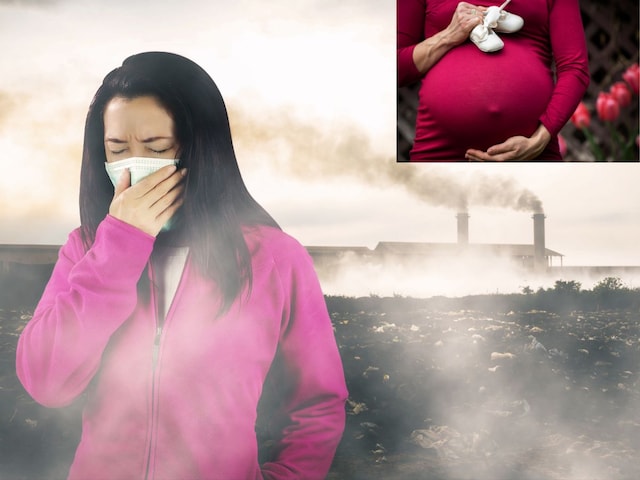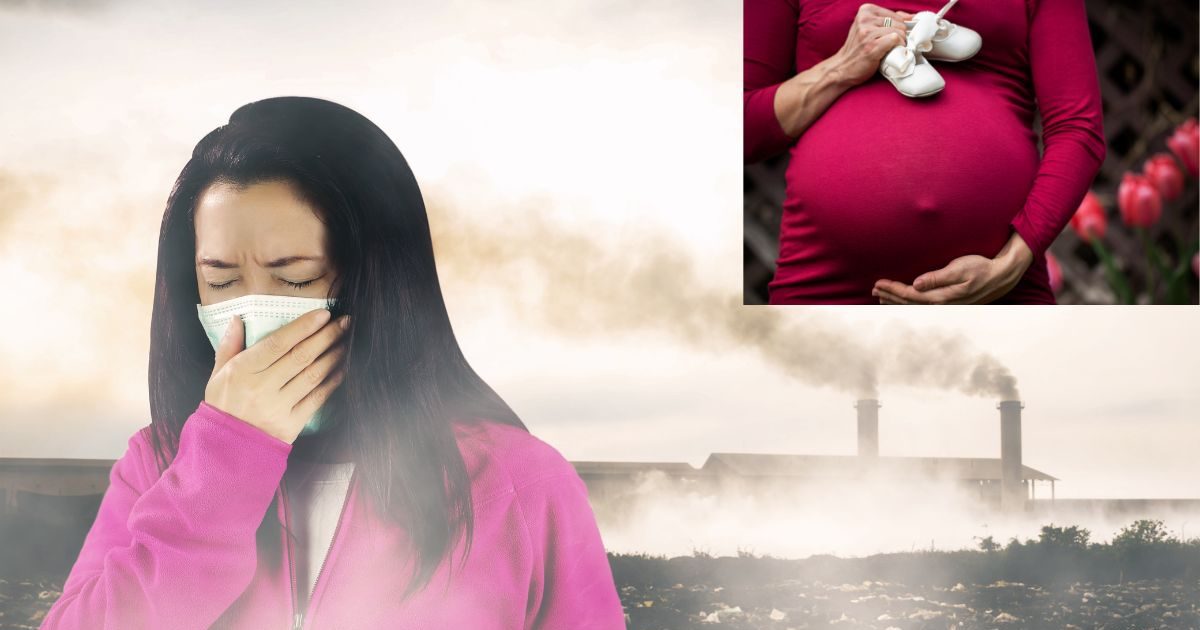Last updated:
Poisonous Air Risk of Preterm Delivery: Air pollution can increase the risk of premature delivery in pregnancy. Research from Amori University found that pollution from pollution cerebral palsy and respiratory crisis syndrome …Read more

Children may be born prematurely after breathing in the poisonous air of pregnant: study
Highlights
- Air pollution increases the risk of premature delivery.
- Pollution can cause cerebral palsy and respiratory crisis syndrome in the newborn.
- Pollution affects the metabolism of pregnant women.
Poisonous Air Risk of Preterm Delivery: The metabolism process occurring in the body of women can be affected by exposure to the subtle particles present in air pollution during pregnancy. This can change some important biological functions of the body and can also increase the risk of child birth before time. Researchers at the Mori University located in Atlanta, USA said that these changes can increase the risk of premature birth and other negative pregnancy results.
In case of premature birth, the child may be at risk of cerebral palsy, respiratory discomfort (respiratory crisis syndrome) and prolonged diseases. In addition, even if there is a birth between 37 and 39 weeks of pregnancy, the problems related to disease and development in the newborn can increase. 10 percent of the air pollution in the world is due to the subtle particles present in the air due to premature delivery.
Donghai Liang, Associate Professor of Environmental Health at Rollins School of Public Health, Emoree University, and Donghai Liang, the lead writer of this study, said, “The relationship between air pollution and premature birth has already been proven. But, for the first time, for the first time we have tried to understand how special micro particles affect the body and how these adverse results increase the risk.”
Leiang said, “This is very important because if we can understand that ‘why’ and ‘how’ this effect is, then we will be able to treat or prevent it better.” In this study, 330 pregnant women’s blood samples were analyzed. It found two substances cortaxolone and lysopi, which explains the relationship between short -term air pollution contact and premature birth. These substances also show a possible method, which promotes air pollution premature delivery.
66 (20 percent) out of the 330 women involved in the study gave birth to a child ahead of time, which is much higher than the normal American population. Researchers said that air pollution is very important to understand these effects well. Leiang said, “In future we can develop such strategies or treatment targeting these molecules, which help reduce these poor health effects.”




